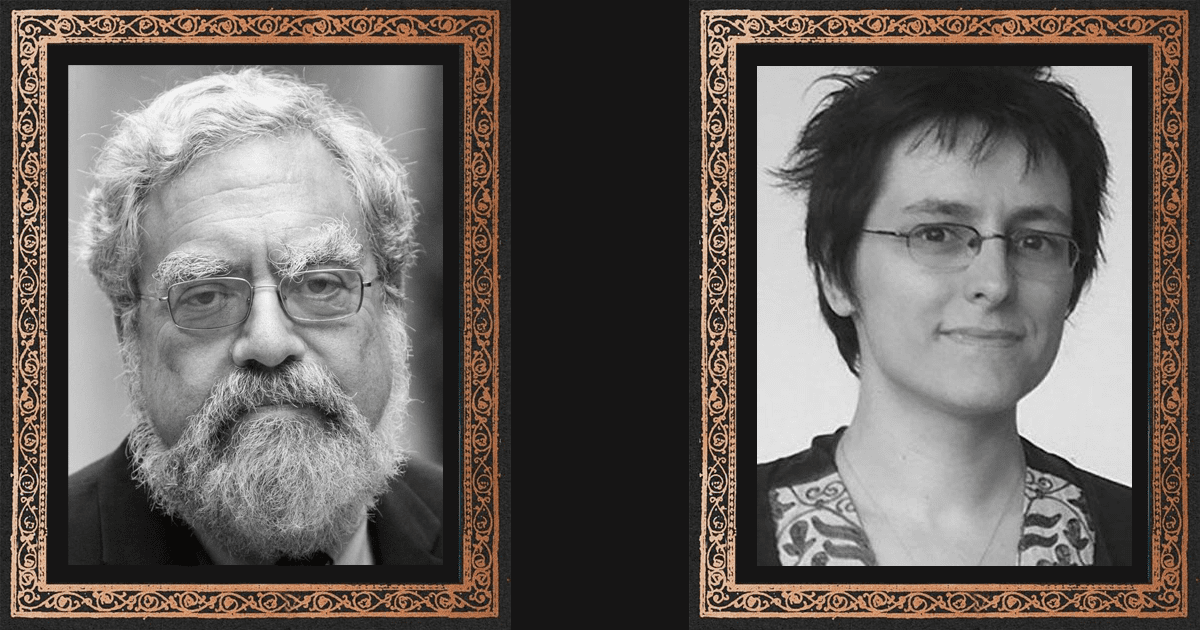
Magus: The Art of Magic from Faustus to Agrippa
February 22, 2024 · 6:00 pm—7:30 pm · Labyrinth Books
Anthony Grafton, History; Jennifer Rampling, History

We invite you to discuss and celebrate Grafton’s revelatory new account of the magus—the learned magician—and his place in the intellectual, social, and cultural world of Renaissance Europe.
In literary legend, Faustus is the quintessential occult personality of early modern Europe. The historical Faustus, however, was something quite different: a magus—a learned magician fully embedded in the scholarly currents and public life of the Renaissance. And he was hardly the only one. Anthony Grafton argues that the magus in sixteenth-century Europe was a distinctive intellectual type, both different from and indebted to medieval counterparts as well as contemporaries like the engineer, the artist, the Christian humanist, and the religious reformer. Alongside these better-known figures, the magus had a transformative impact on his social world.
Magus details the arts and experiences of learned magicians including Marsilio Ficino, Pico della Mirandola, Johannes Trithemius, and Heinrich Cornelius Agrippa. Grafton explores their methods, the knowledge they produced, the services they provided, and the overlapping political and social milieus to which they aspired—often, the circles of kings and princes. During the late fifteenth and early sixteenth centuries, these erudite men anchored debates about licit and illicit magic, the divine and the diabolical, and the nature of “good” and “bad” magicians. Over time, they turned magic into a complex art, which drew on contemporary engineering as well as classical astrology, probed the limits of what was acceptable in a changing society, and promised new ways to explore the self and exploit the cosmos.
Anthony Grafton is the author of The Footnote, Defenders of the Text, Forgers and Critics, and Inky Fingers, among other acclaimed books. The Henry Putnam University Professor of History and the Humanities at Princeton University, he writes regularly for the New York Review of Books.
Jennifer Rampling is a historian of medieval and early modern science and medicine at Princeton, specializing in alchemy. She is the author of The Experimental Fire: Inventing English Alchemy, 1300-1700.
This event is co-sponsored by Princeton University’s Humanities Council and the Center for Collaborative History















